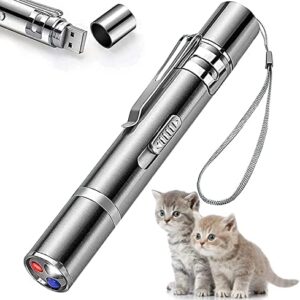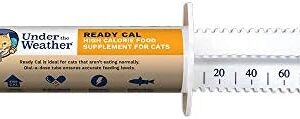
As a cat parent, it’s important to pay attention to the subtle signs that your furry friend may need a health check. Cats are masters at hiding their discomfort or illness, so it’s up to us to be vigilant and proactive in ensuring their well-being. Here are some top signs that your cat may be in need of a trip to the vet:
1. Changes in eating or drinking habits: If you notice that your cat is eating significantly more or less than usual, or if they are showing no interest in their food or water, it could be a sign of an underlying health issue. Changes in appetite can be a symptom of many different conditions, from dental problems to kidney disease, so it’s important to have your cat checked out by a professional.
2. Weight loss or gain: Sudden weight loss or gain in a cat can indicate a number of health problems, such as thyroid issues or diabetes. Monitoring your cat’s weight regularly can help you catch any changes early on and seek veterinary care if necessary.
3. Changes in bathroom habits: Any changes in your cat’s litter box habits should be taken seriously. If your cat is urinating more frequently, has trouble going to the bathroom, or is experiencing diarrhea, it could be a sign of a urinary tract infection, kidney disease, or other medical issues.
4. Lethargy or lack of energy: Cats are known for being independent and sometimes lazy creatures, but if you notice a significant decrease in your cat’s energy levels or if they are sleeping more than usual, it could be a sign of an illness or injury. Cats are very good at hiding their pain, so don’t ignore any changes in behavior.
5. Changes in grooming habits: Cats are naturally meticulous groomers, so any changes in their grooming habits could signal a health problem. If you notice your cat is grooming excessively, has a dull coat, or is developing bald patches, it could be a sign of a skin condition, allergies, or parasites.
6. Respiratory issues: If your cat is coughing, sneezing, wheezing, or has trouble breathing, it could be a sign of a respiratory infection, asthma, or other respiratory issues. These symptoms should never be ignored, as they can quickly escalate into more serious health problems.
7. Vomiting or diarrhea: Occasional vomiting or diarrhea is not uncommon in cats, but if it becomes a frequent or persistent issue, it could be a sign of a gastrointestinal problem, food intolerance, or even poisoning. Dehydration can quickly become a concern if your cat is unable to keep food or water down.
8. Changes in behavior: Cats are creatures of habit, so any sudden changes in behavior should be cause for concern. If your cat is more irritable, aggressive, or withdrawn than usual, it could indicate they are in pain or distress. Pay close attention to your cat’s body language and vocalizations to determine if they are trying to communicate something to you.
9. Unexplained lumps or bumps: Regularly checking your cat for any unusual lumps or bumps is important for catching any potential health issues early on. Skin growths, swelling, or tumors should be examined by a veterinarian to determine if they are benign or require medical intervention.
10. Age-related changes: As cats age, they are more prone to developing health problems such as arthritis, dental disease, and kidney disease. Regular health check-ups are especially important for senior cats to ensure they are comfortable and happy in their golden years.
In conclusion, paying attention to your cat’s overall health and well-being is essential for providing them with a happy and comfortable life. Regular veterinary check-ups, a healthy diet, and plenty of love and attention can go a long way in keeping your feline friend feeling their best. If you notice any of the signs mentioned above, don’t hesitate to schedule a visit to the vet to address any concerns and ensure your cat’s health and happiness for years to come.






